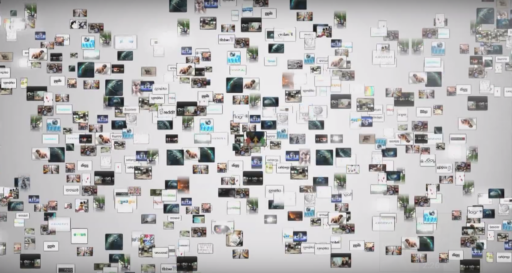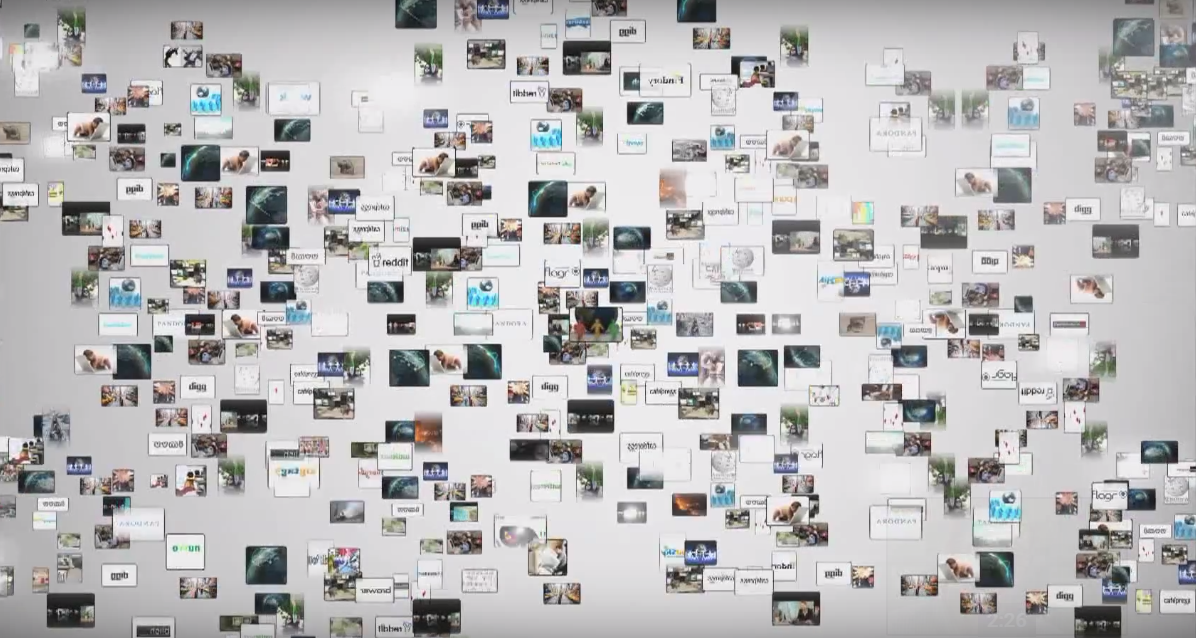In today’s interconnected world, the internet has changed how we think about and address issues. One meaningful development is crowdsourcing. This approach leverages the combined knowledge and diverse viewpoints of global communities, transforming the way we solve problems in groundbreaking ways.
What is Crowdsourcing?
Crowdsourcing involves inviting contributions from large groups of people, typically online, to achieve a goal or address a specific challenge. It taps into the “wisdom of crowds” to spark innovative ideas, gather facts, and complete complex tasks that may be difficult for individuals or small teams alone.
The Benefits of Collaboration
- Diverse Perspectives: Crowdsourcing draws on a variety of backgrounds and opinions. This diversity can lead to more creative solutions than confined groups.
- Cost Savings: Using volunteers’ or freelancers’ combined skills can significantly reduce costs vs traditional methods.
- Speed and Efficiency: With many working on an issue simultaneously, answers can emerge much faster.
- Access to Experts: Platforms connect problem solvers worldwide, regardless of location, to experts in relevant fields.
The Future of Collaboration
As technology advances, crowdsourcing applications expand. Artificial intelligence and machine learning may help analyze crowdsourced contributions more effectively. Blockchain could ensure transparency and trust in collaborative projects.
Crowdsourcing’s power lies in democratizing problem-solving so anyone, anywhere can contribute solutions. As the internet connects people globally, the collective intelligence unlocked through collaboration will undoubtedly address complex 21st-century challenges.







